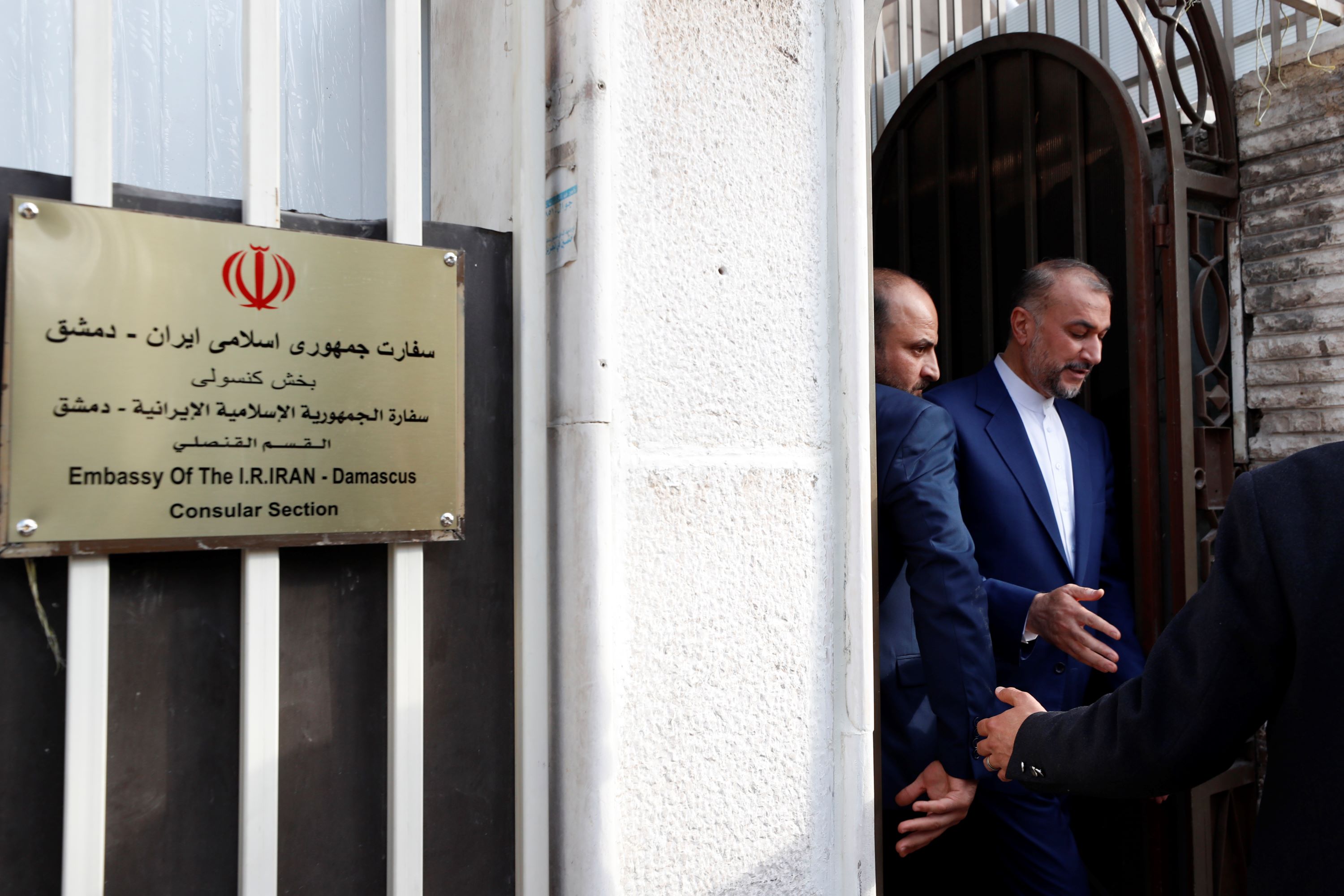
TEHRAN/MOSCOW – Iranian Foreign Minister Hossein Amir-Abdollahian said on Tuesday that Tehran was not after escalating tensions in the region.
He made the remarks while talking over with his Indonesian counterpart, Retno Marsudi.
According to a statement released by the Iranian Foreign Ministry, the two sides discussed the latest developments in the Middle East, including Iran's massive retaliatory attack on Israel and the situation in the Gaza Strip, as well as bilateral relations.
Iran will always remain an important part of sustainable stability and security in the region, Amir-Abdollahian said, adding: "Israel is the main root cause of the tension and war in the region."
Appreciating Indonesia's condemnation of Israel's attack on the consular section of Iran's embassy in the Syrian capital Damascus on April 1, he termed the Israeli strike as an "act of aggression".
The top Iranian diplomat Iran's drone and missile attack against Israel was within the framework of international law.
For her part, Marsudi called for the continuation of bilateral cooperation on the Palestinian issue, noting that the Gaza crisis should not be forgotten and the Palestinian cause should be "kept alive."
Iran's Islamic Revolution Guard Corps said in two separate statements early Sunday that it had launched a combined missile and drone attack and "successfully hit and destroyed" important Israeli military targets.

Raisi, Putin discuss Iranian response
While exchanging views with Russian President Vladimir Putin on Iran's massive retaliatory military operation against Israel, Iranian President Ebrahim Raisi said Israel's action was a flagrant violation of international laws, including the Vienna Conventions and constituted a serious threat to global peace.
It is because of the destructive role of the United States and some Western countries and the inaction and inefficiency of some international organizations in dealing with this Israeli "aggressive act" that Iran carried out a defensive response based on Article 51 of the UN Charter, he said.
Raisi appreciated Russia's diplomatic efforts to foil the "conspiracies" of the US and some Western countries at the UN Security Council, urging these countries to stop supporting Israel's crimes against the Palestinian people to achieve regional stability and security.
Putin, for his part, condemned Israel's act against Iran's diplomatic premises, considering the Iranian retaliation a punishment for the "aggressor" in "the best way." He also strongly criticized the behavior of the US and some Western countries in creating tension in West Asia.
The Russian leader expressed his hope that all sides would show reasonable restraint and prevent further confrontation, the Kremlin said in a statement.
"The principled approaches of Russia and Iran were confirmed in favor of an immediate ceasefire in the Gaza Strip," which would ease the dire humanitarian situation and pave the way for a diplomatic settlement of the crisis, the Kremlin said.


